Publications
Articles, publications, books, tools and multimedia features from the U.S. Institute of Peace provide the latest news, analysis, research findings, practitioner guides and reports, all related to the conflict zones and issues that are at the center of the Institute’s work to prevent and reduce violent conflict.
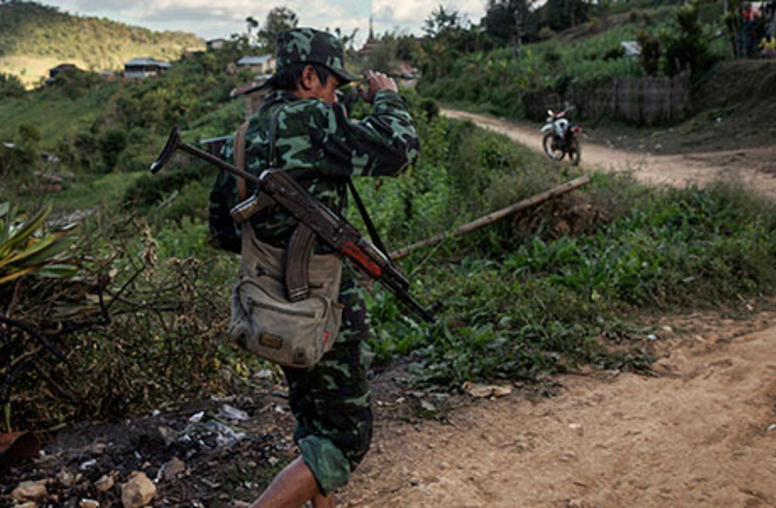
U.S. Eyes Military Ties With Myanmar, Official Says
The U.S. is formulating its next steps in Myanmar, including gradual re-engagement with the country's military, with the aim of broadening cooperation after several years of a multi-agency push to support a sensitive transition toward democracy. Current and former U.S. officials examined recent efforts and outlined plans going forward during a panel discussion at the U.S. Institute of Peace this week.
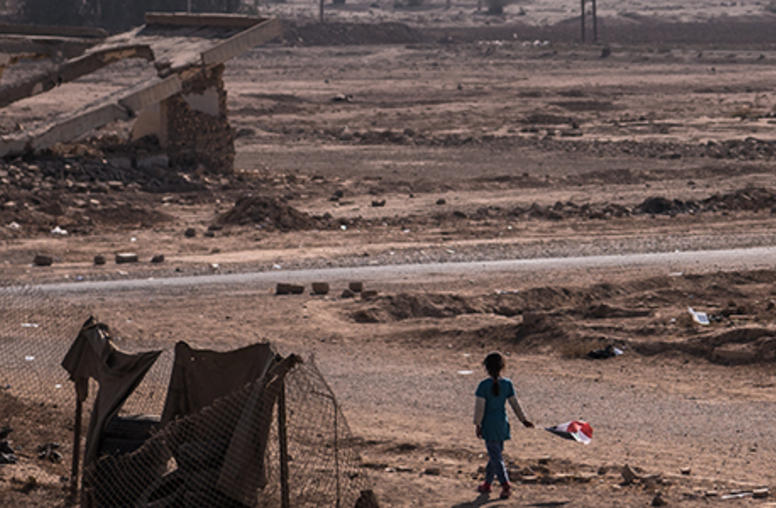
From ISIS to Al-Qaida: The Changing Extremist Threat
The Islamic State may be crumbling across Iraq, but the future prospects of violent extremist groups are far from fading. While ISIS rampaged across Iraq and Syria in 2014, setting up a terror-based regime to impose its will, a revitalized al-Qaida was taking a different, more sustainable approach by grafting itself onto local extremist groups, experts said in a forum at the U.S. Institute of Peace that also examined community approaches to preventing and countering violent extremism. Al-Qaid...

After Ireland Vote: Various Roads to LGBTI Rights
Following Ireland’s constitutional referendum to legalize same-sex marriage, the newly appointed senior U.S. diplomat on human rights for gender minorities said he is “incredibly optimistic” about the prospects for the global campaign to guarantee such protections. Still, U.S. Special Envoy Randy Berry and an international group of activists said May 26 that gender-rights movements in many countries face tougher political landscapes than in Ireland and must rely heavily on more legalistic app...
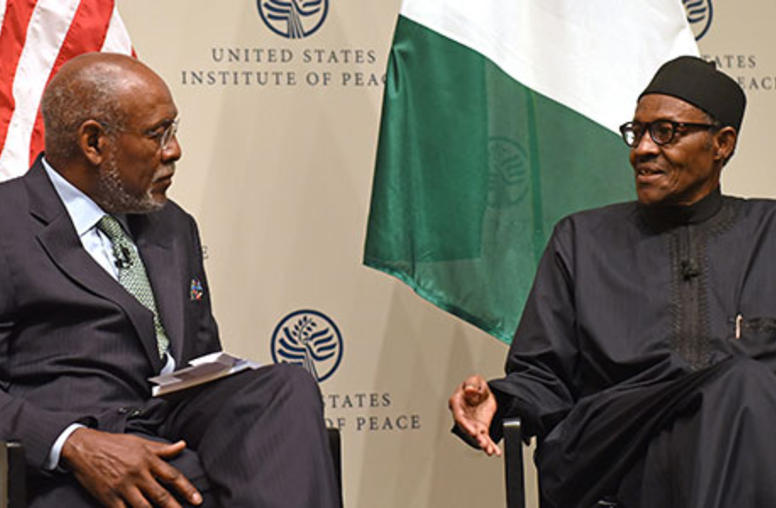
Nigeria's Buhari Presses for Military Aid, Pledges 'Zero Tolerance' for Corruption
Nigerian President Muhammadu Buhari said his new government will “do what it takes” to defeat the extremist violence of Boko Haram, and he bluntly called on the U.S. to ease its restrictions on providing the weapons that his military needs to prevail in the fight. In an address at the U.S. Institute of Peace today, he also reaffirmed “zero tolerance” for corruption and pledged to restore trust in the country’s governance.
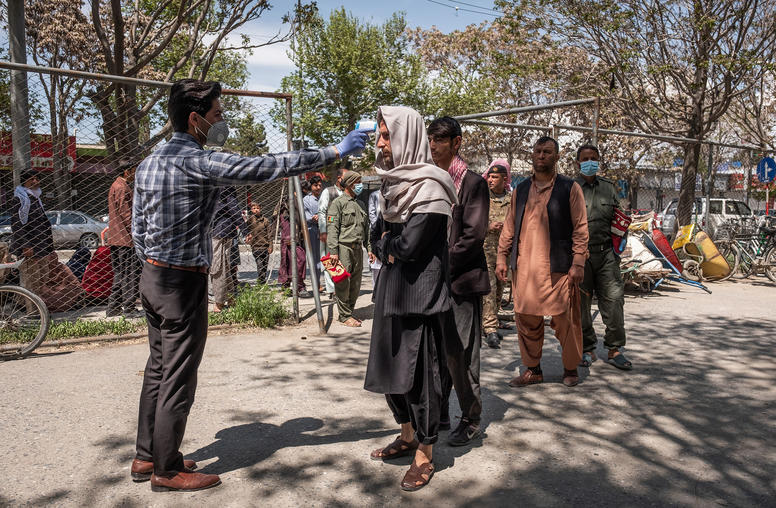
The Dangers of Coronavirus in Conflict Zones
The health and economic implications of the coronavirus pandemic threaten to reverse decades of development progress. While the international community has mobilized substantial sums of aid and financing to address the pandemic and its impacts, the scale of the crisis demands an even more ambitious response. With the virus’s peak still ahead for many countries, there remains an opportunity to rally support for international collaboration on preventive measures that could stave off the worst-case scenario while addressing underlying sources of fragility.
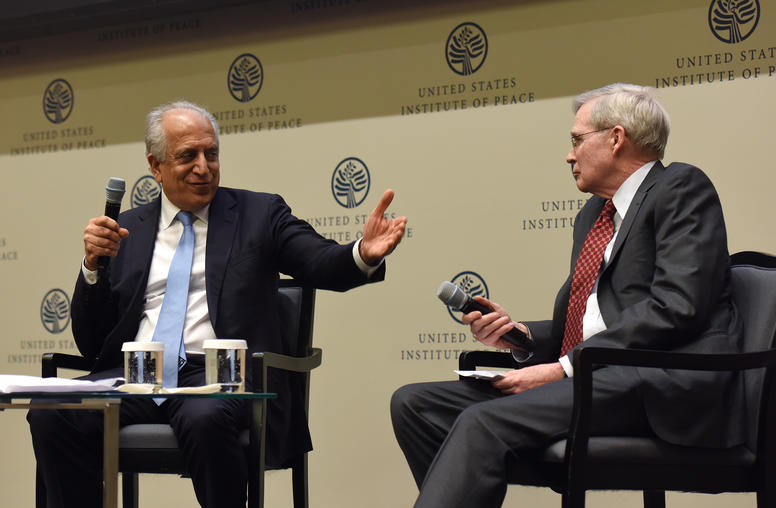
Progress in Taliban Talks, But ‘Long Way to Go’, says U.S. Envoy
Amid a series of positive developments in the Afghan peace process over the last year, a framework for negotiations reached between the U.S. and Taliban has renewed hope that the 17 year-old Afghan conflict could come to a close. Led by Special Representative for Afghanistan Reconciliation Zalmay Khalilzad, the U.S. has agreed in principle to a conditional withdraw of U.S. and allied troops in exchange for the Taliban pledging to not allow Afghanistan to be a safe haven for transnational terrorists, like al-Qaida, as well as agreeing to talks that include the Afghan government and a cease-fire. Despite this progress, “We are in the early stages of a protracted process,” Ambassador Khalilzad said at the U.S. Institute of Peace on February 8. “We have a long way to go.”
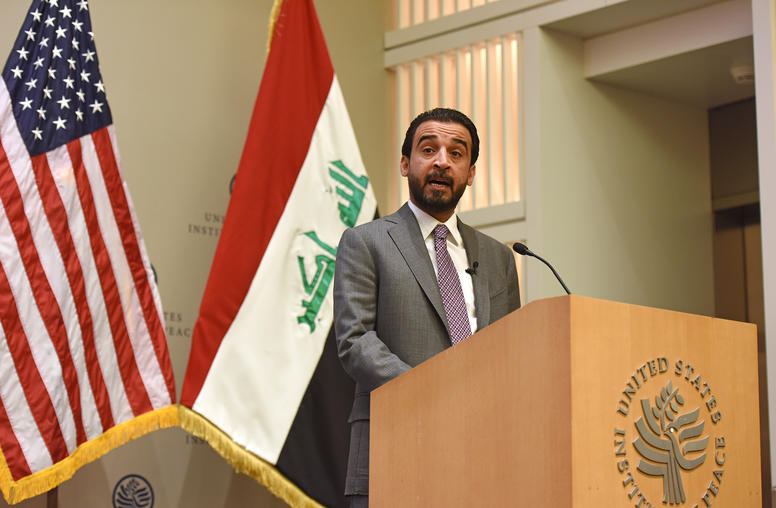
Iraq’s Leading Lawmaker Warns Aid Needed to Finish Off ISIS
Iraq is beginning to stabilize after its military victory against ISIS, but international assistance—without political meddling—remains badly needed to rebuild its economy and social fabric, the speaker of Iraq’s parliament, Mohamed al-Halbousi, said.
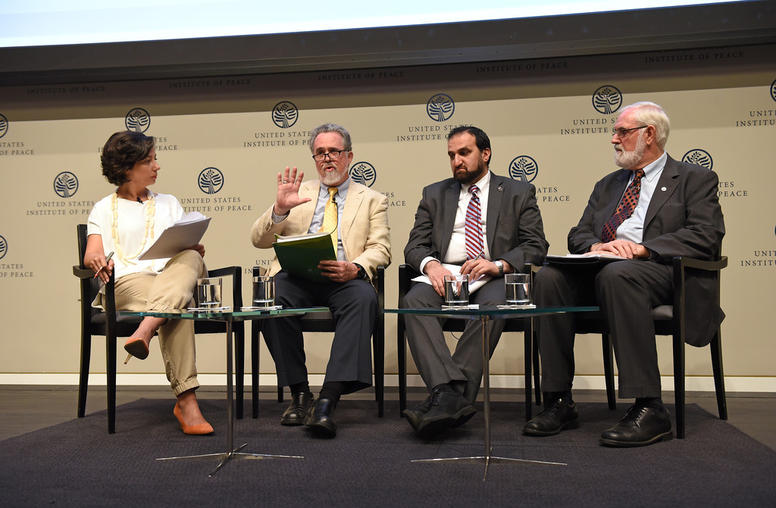
Humanitarian Aid: ‘Radical Change’ After Istanbul?
The two-day World Humanitarian Summit held recently in Istanbul drew criticism for the absence of top global leaders, but it actually broke ground in several ways, experts said in a discussion hosted by the U.S. Institute of Peace and Oxfam America. The summit spotlighted the need for “radical change” in a relief system built for the era after World War II rather than today’s small wars, insurgencies and fragmenting states that have unleashed the second-biggest flood of displaced people in hi...
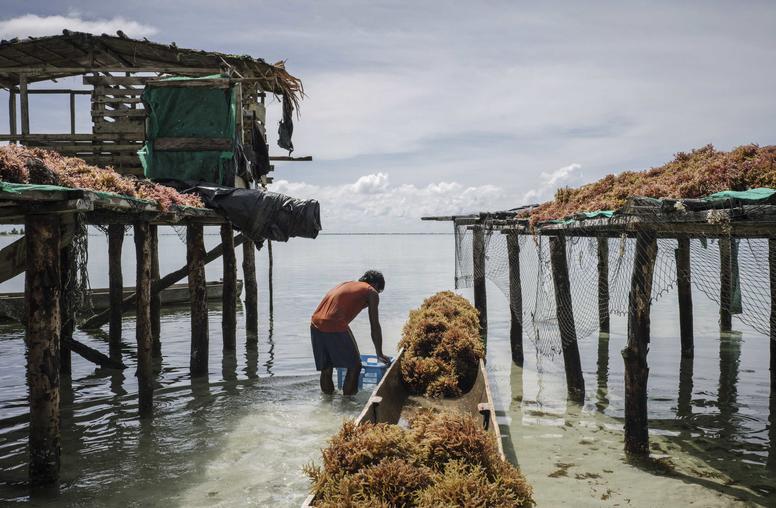
A Rising China Has Pacific Islands in Its Sights
As part of its bid to expand its influence across the world, China is emerging as an important diplomatic and economic partner for the small and far-flung Pacific Islands countries, but its engagement comes with challenges. As the economies of the Pacific Islands countries reel in the face of the COVID-19 pandemic, Chinese loans and aid are likely to become even more important in the coming months. China’s growing footprint in the region also brings a strategic challenge to the United States’ doorstep at a time when the U.S.-China relationship is under considerable strain.
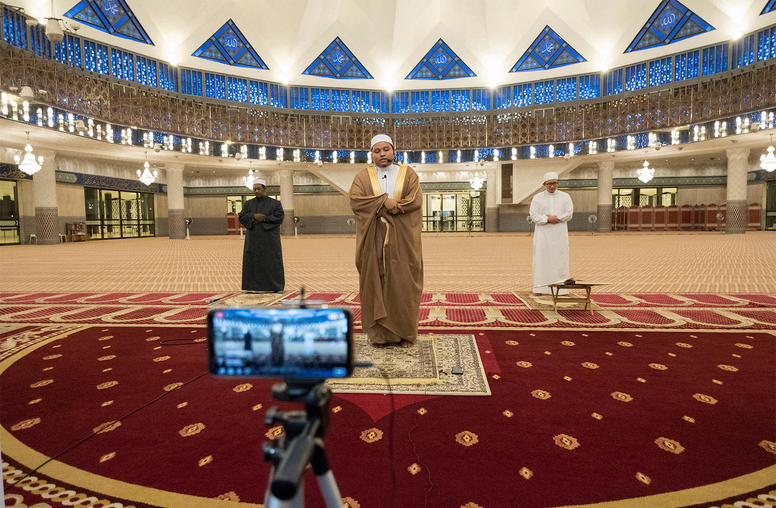
COVID-19 Heightens Congressional Concerns About Global Religious Freedom
In the midst of the COVID-19 pandemic, concerns about international religious freedom continue to exist, especially as state lockdowns have made it even harder to monitor its status.